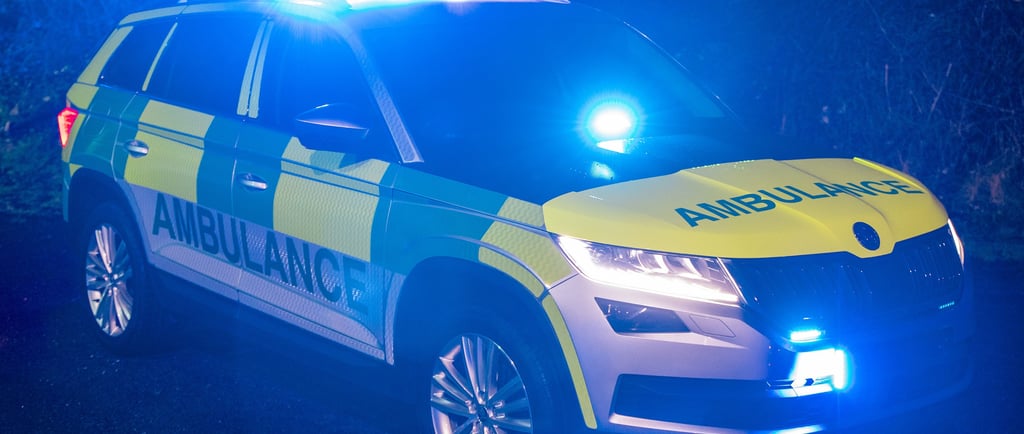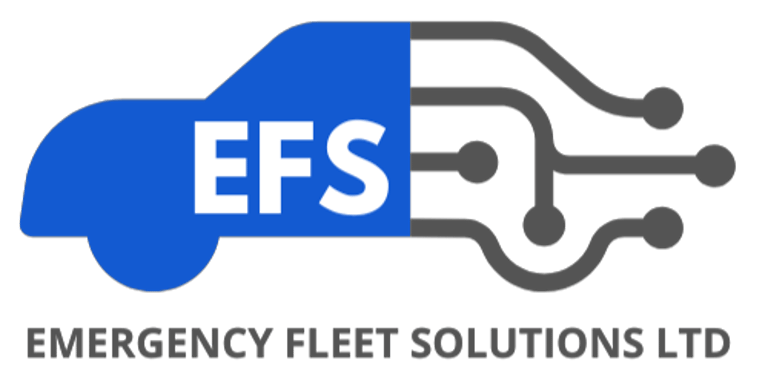The Economic Advantages of NHS Hiring Rapid Response Vehicles
11/30/20242 min read


Introduction to NHS Vehicle Management
The National Health Service (NHS) plays a pivotal role in maintaining public health across the United Kingdom. A crucial aspect of this responsibility is ensuring optimal emergency response capabilities. In this vein, the debate between hiring versus purchasing rapid response vehicles has emerged as a significant concern. This blog will explore the multifaceted benefits of NHS hiring rapid response vehicles over outright purchasing, particularly emphasizing cost savings and comprehensive maintenance coverage.
Cost Efficiency: Analyzing Financial Implications
When evaluating the financial aspects of NHS vehicle management, hiring rapid response vehicles proves to be markedly advantageous. The purchasing of these vehicles involves substantial upfront capital investment, alongside additional expenses such as depreciation, insurance, and the provision of servicing and maintenance. On the contrary, when the NHS opts for hiring, these costs are significantly mitigated. By hiring, the NHS effectively transfers maintenance and servicing liabilities to the vehicle provider, thereby allowing for more predictable budgeting and reduced financial risk.
Comprehensive Coverage and Flexibility
One of the most compelling reasons for the NHS to favor hiring over buying lies in the comprehensive nature of coverage that hiring agreements provide. Focused hiring arrangements not only include vehicle costs but also encompass servicing, ensuring that vehicles are always operational and compliant with regulatory standards. This ensures that emergency services can focus on patient care without the distraction of managing vehicle maintenance. Furthermore, hiring allows for flexibility in scaling the vehicle fleet according to seasonal demands or changes in healthcare needs, which is often a challenging feat when purchasing vehicles outright.
Conclusion: Making a Smart Choice for the NHS
In conclusion, the benefits of the NHS hiring rapid response vehicles rather than buying cannot be overstated. The approach offers significant cost advantages, extensive coverage of vehicle costs and servicing, and the flexibility to adapt to the dynamic requirements of healthcare delivery. As the healthcare landscape continues to evolve, it is imperative for the NHS to adopt strategies that enhance operational efficiency, enabling the organization to prioritize patient care without the burden of excessive financial commitments. By choosing to hire, the NHS can continue to fulfill its commitment to public health while ensuring that emergency response capabilities remain robust and reliable.
